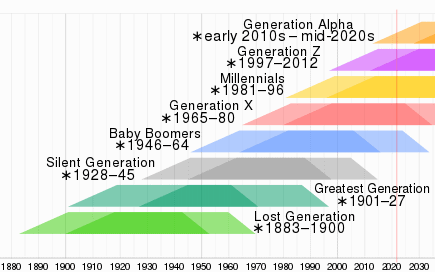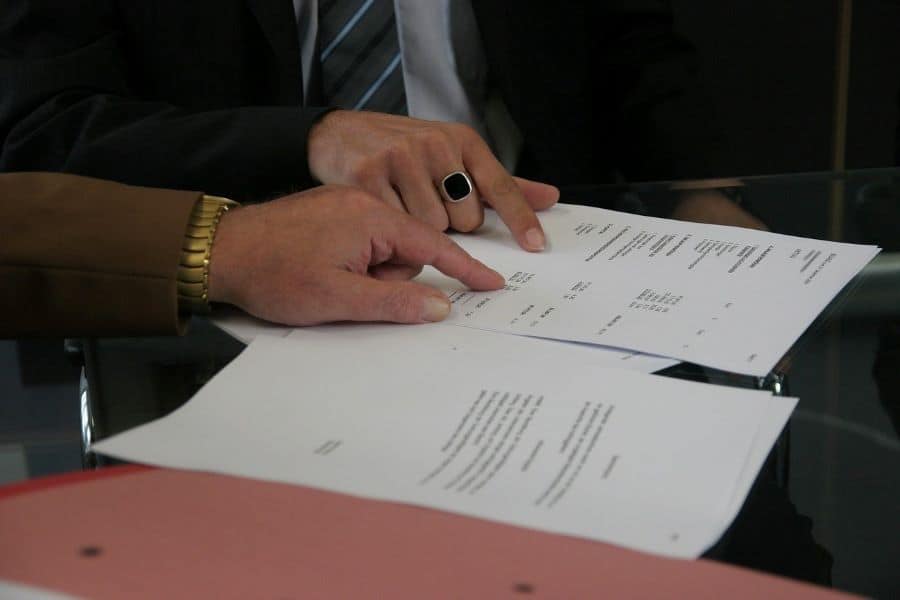[ad_1]
If you’re trying to get a new small business up and running, you may have little time and attention to focus on the food in your kitchen and whether or not you’re wasting any of it.
But if you find yourself overspending on food or food goes bad in your fridge, here are a few ways to reduce the waste and save money:
- Rethink.
- Plan ahead.
- Keep in mind the “use by” or “freeze by” dates.
- Can or preserve foods you won’t be eating immediately.
RELATED ARTICLE: 6 THINGS SUCCESSFUL ENTREPRENEURS DO EVERY DAY
Rethink Your Food for Less Waste
Getting a new perspective on your food and buying habits can help you save money. Start with two simple questions:
- Open your refrigerator, examine what foods you eat.
- Think about where you buy your food.
Rethink Your Meals
Take a moment to think about what a meal is to you. A meal is that perfect plate with a balance of protein, starches, vegetables, and fruits. However, a meal can be so much more in today’s world.
A burrito bowl has all the foods you need, but they aren’t nicely divided on a plate. On the other hand, soup can have everything (or almost everything) mixed.
Do you cook ahead? Do you eat all the leftovers? If you don’t eat leftovers, rethink what you do with those leftovers. Why not freeze them and avoid wasting food?
Rethink Your Diet for Less Food Waste
Now, a “diet” here is not referring to a special weight loss program. Instead, diet refers to the foods you typically eat. Are you eating the most expensive brand or version? Can you get it for cheaper and at the same quality?
You may want to rethink your diet because you may be spending more money on food than necessary. But if you prefer organic, local food, keep buying it. Just consider why you are buying it. Are you buying it to support local farmers? Are you buying it because it is healthier?
On the other hand, although it is more expensive, are you spending more on groceries because the store you shop at is more convenient? Or is there another convenient option that might have cheaper food?
RELATED ARTICLE: HEALTH AND FITNESS TIPS FOR BUSINESS OWNERS
Rethink Buying in Bulk to Avoid Wasting Food
Buying in bulk makes sense if you cook in bulk and eat in bulk. If you have a large family you cook for, buying in bulk makes sense. But if not, is buying in bulk helping?
Buying in bulk can save you money, but only if you eat or use all the food. If it goes bad because there is so much, you just wasted the food and the money.
Buying bulk non-perishables that you like to eat is a great idea. On the other hand, buying bulk perishable foods is not a great idea unless you plan to freeze or can them. In that case, you are simply wasting food and money.
RELATED ARTICLE: 3 CREATIVE WAYS TO BUY WHOLESALE ITEMS IN BULK
Plan Ahead to Avoid Wasting Food
Making a plan is the next most important step to avoiding food waste and saving money. If you make a plan, you are less likely to overspend or buy something you do not need.

Price Compare Online
Before you ever leave the house, make sure to check prices online. Compare prices online and see how you can save money and time by visiting the fewest stores.
Plan Your Meals
Before you go shopping, plan your meals for the next week to avoid wasting food. It is okay to buy a few extra items that you might eat but are not on the plan. However, try to stick to the plan as much as possible. There are apps available to help you plan meals. Paprika helps people plan meals and make grocery lists.
When shopping, buy only what you need. The only time you should consider purchasing extra is if it is on sale, non-perishable (or freezable), and something you know you will eat.
Plan Your Shopping Trip
Once you have your list and have compared prices, look at a map. Then, plan your trip so it takes the least amount of time. You can do this by making sure you do not have to backtrack at any point.
Keep in Mind the Use By or Freeze By Date
Many items have a “use by” or “freeze by” date. You should pay attention to these dates to avoid food waste. If you are not going to use it or if you are not sure it will get used, freeze it. Of course, you can always take it out and thaw it later.
Not only does stored food have a “use” or “freeze by” date, but the food you cook at home will also. Typically three to five days or one week depending on the food. If you are not sure, you will eat the leftovers in that time frame. Freeze them when possible.
Can or Preserve Foods You Won’t Be Eating Immediately
Besides freezing food, you can also preserve it or pickle it. Canning food will make it last for a few extra months. This works especially well when you have a garden.
Pickling something can make a portion of food last for up to a year. Preserving something through drying can add months to the shelf life.
Final Thoughts
To save money, you need to rethink your food and shopping habits, plan your meals and shopping trips, and decide what you will do with leftovers.
If you reduce food waste, you will save money. You might even save hundreds of dollars a year. It is well worth the extra hour or so that it takes to plan and think about your choices.
[ad_2]
Source link












